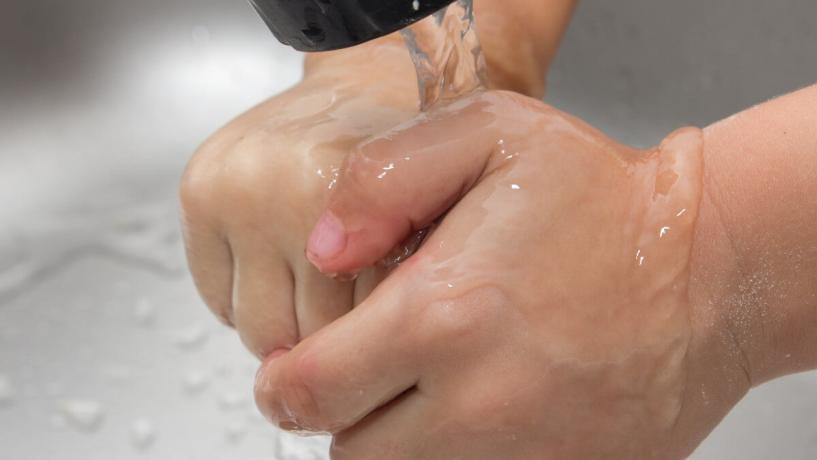
Whenever you deal with food products, it is extremely important to avoid contamination. The easiest way to contaminate is to not wash your hands.
After all, your hands can carry bacteria to other surfaces, to plates and glasses, to cooked food, and even to you when you touch your own face.
Here is an interesting statistic: a study showed that the average human hand has about 150 types of bacteria at any given time. Think about how many more bacteria could be on your hands when you have been handling food.
When You Should Wash Your Hands
The most important thing to remember is that handling foods means frequent hand washing. You should always wash your hands immediately after touching any raw meats, including meat, fish, and chicken. That could mean washing your hands every few minutes when you are cooking, but raw meats can contaminate a surface with just a drop. Your hands have to be cleaned after handling them.
Additionally, you should always wash your hands after you have prepared the meal and after you have spent time cleaning up the kitchen.
How to Wash Your Hands
Just running your hands underwater is not the way to get rid of bacteria. Here are the steps you need to take in order to wash your hands properly:
- Put soap on your hands and wet them thoroughly.
- Vigorously rub your hands together to create a good lather.
- Lather your hands, wash between your fingers, and clean under your fingernails for about 30 seconds.
- Rinse all soap away thoroughly.
- Dry your hands with a clean paper towel and make sure they are thoroughly dry.
Your hands can easily transport bacteria around the kitchen from handling foods. You need to know when to wash your hands, and how to so that you do not accidentally cross-contaminate anything that could make you or your family sick.





